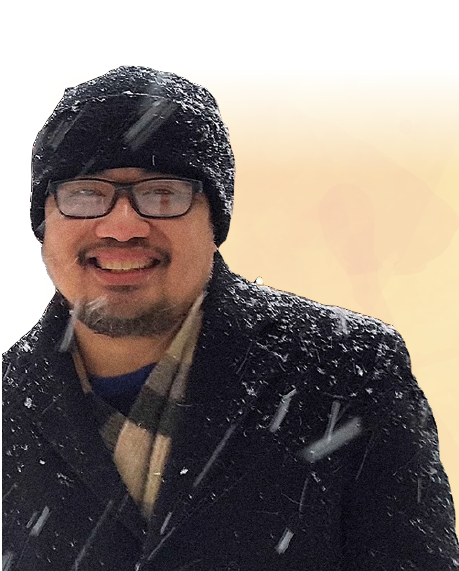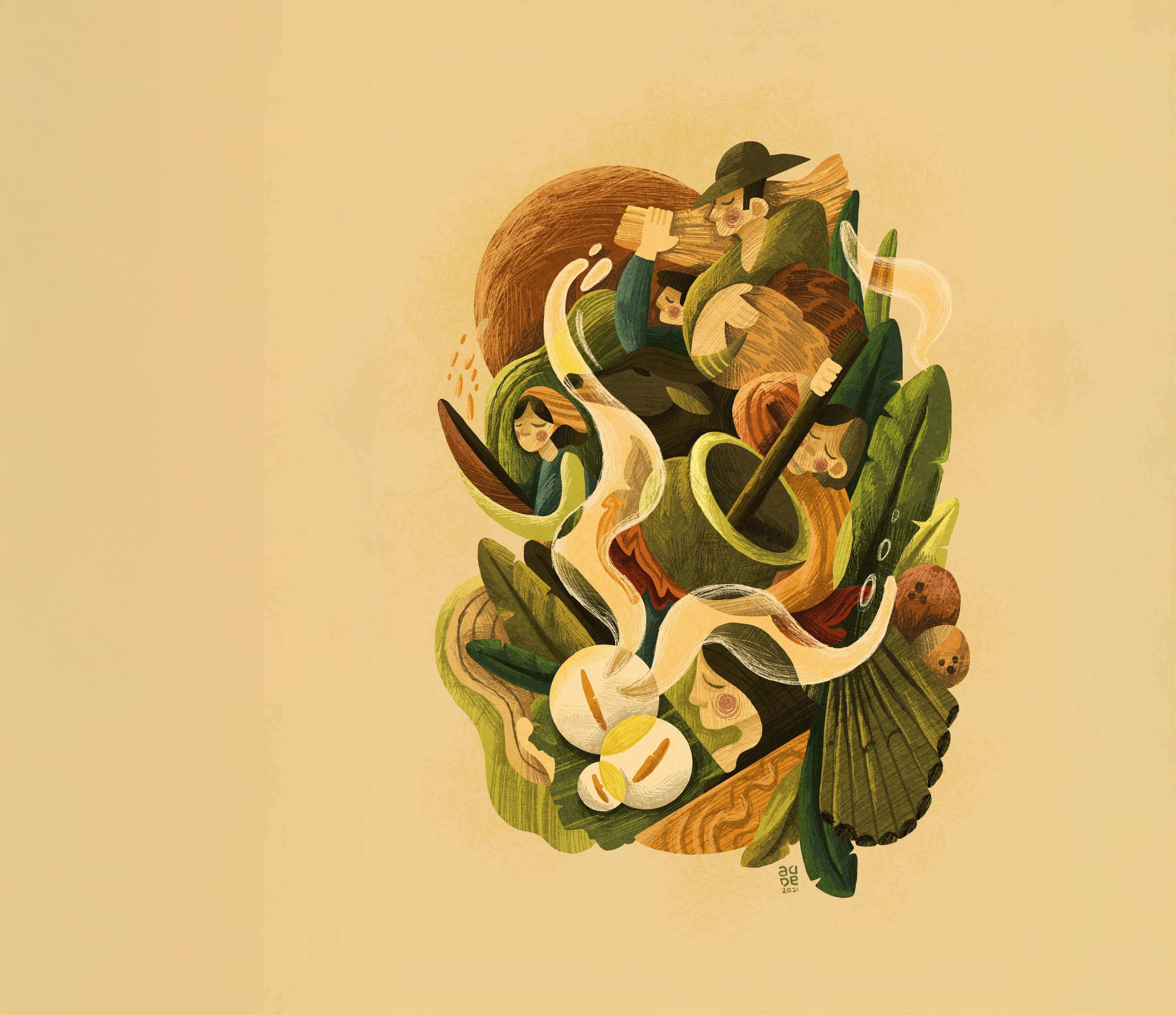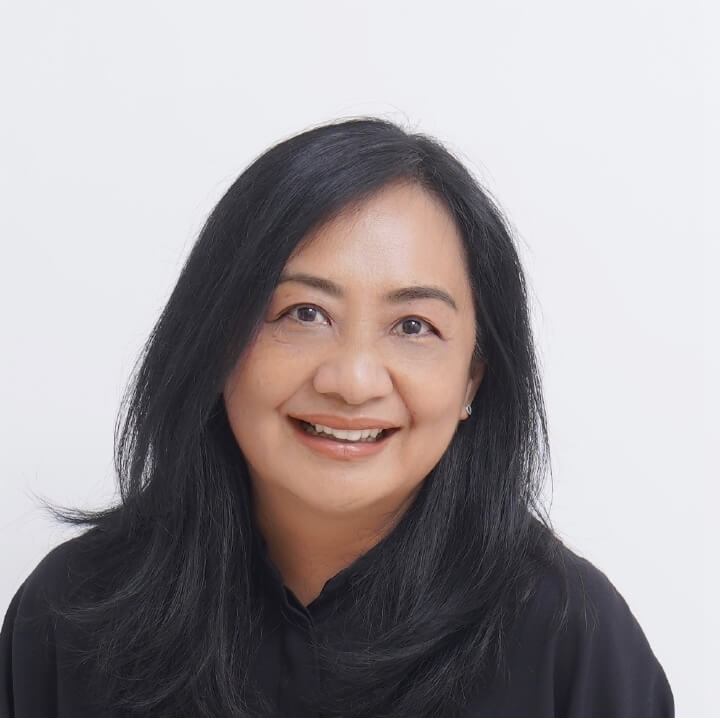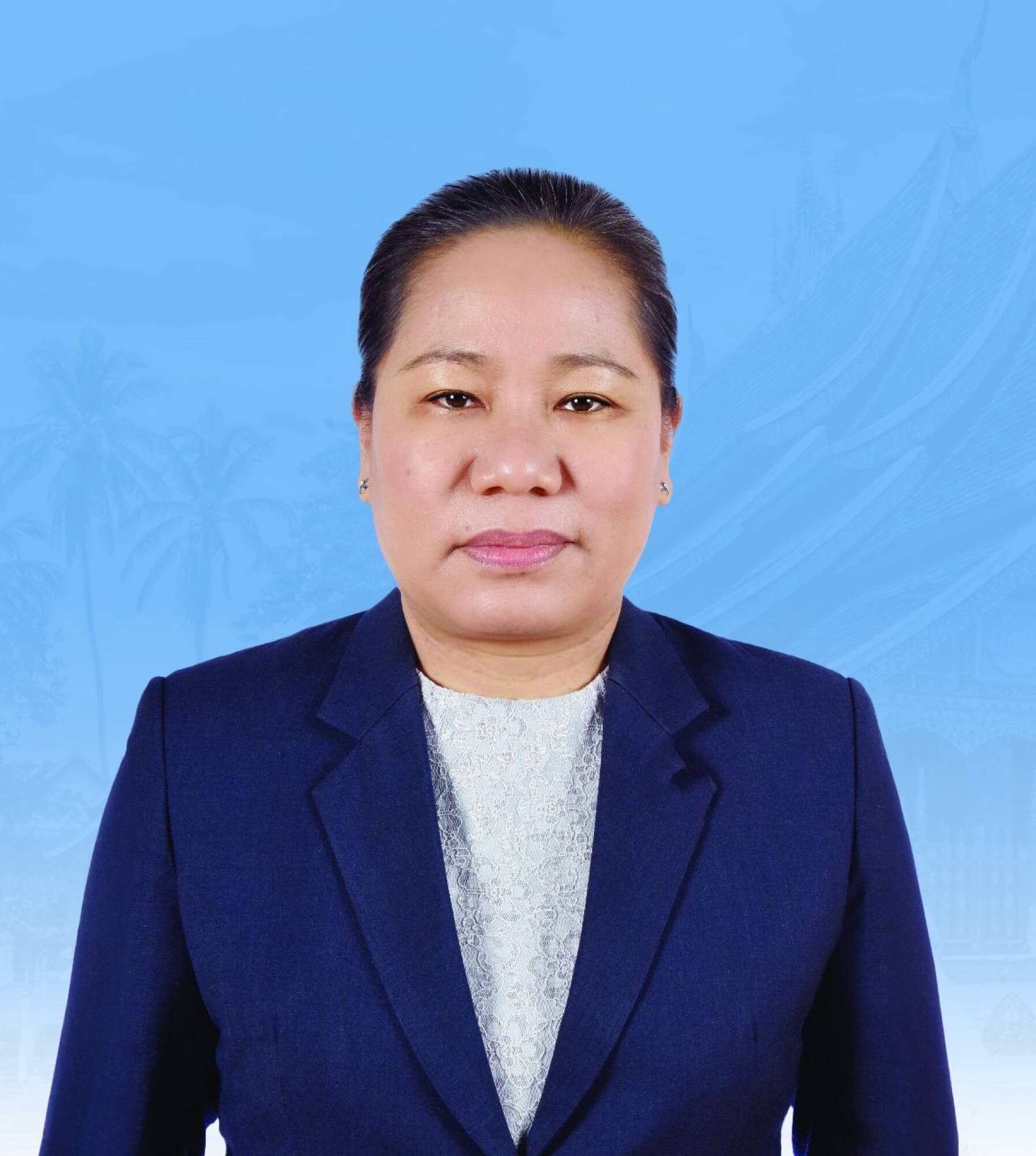



Glenn Sevilla Mas has been with the theatre arts program of the Ateneo de Manila University and its theatre company, Tanghalang Ateneo (TA), for more than 15 years. He was TA's artistic director for four years and now serves as coordinator of the program.
He is an award-winning playwright whose works often have gritty plotlines and tend to draw inspiration from his hometown of Antique. He wrote "Rite of Passage," a coming-of-age play, while completing his master’s degree in playwriting at the Catholic University of America and presented it in a staged reading at the Kennedy Center, Washington D.C.
Glenn, who started his career as a stage actor, has appeared in numerous television dramas and an acclaimed indie film, "John Denver Trending." He continues to mentor theatre students at the Ateneo and budding playwrights under the Cultural Center of the Philippines’ (CCP) Virgin LabFest Writing Program, a three-week mentorship program that attracts the most promising playwrights all over the Philippines.
The Philippine Congress recently passed the Creative Industries bill that aims to incentivize businesses in the creative sector. Glenn talks to The ASEAN about the challenges faced by performing artists and freelancers, particularly during the pandemic. He muses why people need to find meaning in the arts and support the artists who create them.
“I am the theatre arts programme coordinator of Ateneo de Manila. I do that full-time, but on the side, or during the weekends, I also get to do the things I like to do, aside from mentoring students. Before the pandemic, I would go around the country to give workshops or sometimes travel for tapings and shooting (for television and film). Things were looking good.
“There were many events at the CCP, such as the Cinemalaya (Philippine Independent Film Festival) and Virgin Labfest, that were attracting more audiences. From humble beginnings some 16 to 17 years ago, when people had to be convinced to watch events, we got to the point where tickets were getting sold out. The world was becoming rosier as far as engaging in the arts is concerned, but all that have been affected by the pandemic. So, all these government organisations, the CCP, migrated online.
“The classes I teach are playwriting, which can be truly taught online, and theatre history. Dr. Ricardo Abad, our professor emeritus in Ateneo, started this group of programme coordinators of all universities that offer theater programmes in the Philippines. We became more supportive of each other during the pandemic, where before we would compete and not have anything to do with one another. In our online meetings, sometimes we would ask ourselves, ‘is this still theatre? Or is this some form of a hybrid film?’ For example, in theatre classes, what a director does is block a scene and position the actors on the stage, either left, right, front, back. Now, you have to do blocking in Zoom. Actors also become their own set designers, their own lighting directors. We have learned to just live in the now, focus on what needs to be done.
“Professional theatre companies have more restrictions as far as material is concerned. So, I enjoy the university theatre scene because it does not exist primarily to earn but it is for students to get exposed. The material is more diverse, more experimental.
“Before the Delta variant surge, I got invitations to act in television dramas again. We would be required to do a 14-day quarantine and film in a bubble, where you’re not allowed to interact with other people; you’re not allowed to go out of the bubble. It resulted in strong bonding among the actors, but after a while, I said no because the number of COVID cases increased significantly in the country and it became too risky. I think it’s a choice because some people have to work. Most of the people I work with have families to feed and they really do it full-time. I’m a teacher full-time. We don’t have to go out of the house, teaching is done online, so it’s safe.
“As artists, we need support and protection. What happens to us when we reach a certain age? What happens to us when we retire? When we talk about retirement, who will shoulder hospitalisation when we’re no longer employed? Right now, there is the Artists’ Welfare Project, Inc., a voluntary organisation that provides its members with assistance like life and health insurance because they realise that there are cultural leaders who are ageing but have mostly done freelance work in film, television etc., and will need help at some point in their lives.
“A Creative Industries Act has been pushed in Congress, but there is more to be done for artists. I do it myself—save up for the future—since I have a steady job. Many of us in the theatre talk about making sure that we have financial security. Because of the pandemic, life for some of our older mentors became increasingly difficult. There was a time during the lockdown when senior citizens weren’t allowed to go out, much less work on film and television sets (for health and safety reasons). I hope this all ends so there can be more opportunities to work again.
“Our priorities in life are basic needs like food and putting a roof over our heads, but equally important, for me, is food for the soul. It’s part of who we are—our stories. We need to revisit them to understand why we are the way we are. And we all have our roles. Doctors and nurses take care of you when you get sick. Government workers reach out to help you during disasters and calamities. People in the military, people in the private sector, people who work in industries that are vital for the economy, they are there to take care of you. The artist has a role too, not just to entertain, but to make you think or make you rethink what is important to you. Some plays unsettle audiences and I like those types of plays.
“The artist is like the conscience of the nation, right? Or the writer is like the conscience of the nation. Do we have time to examine our conscience as we go through our daily lives? That’s why we view art. Time stops when you stare at it. It’s the same with plays. When a playwright writes a play and I am privileged to watch and experience it can resonate with me. If not, then it may resonate with other people. So, it plays a role, a cathartic one because it unsettles you and makes you think.
“It may sound frivolous, but our goal as a people is to understand who we are, where we’re coming from, so we know where we’re headed. The arts are a wonderful way of getting educated, in that way, on the quest to understand ourselves better.”








